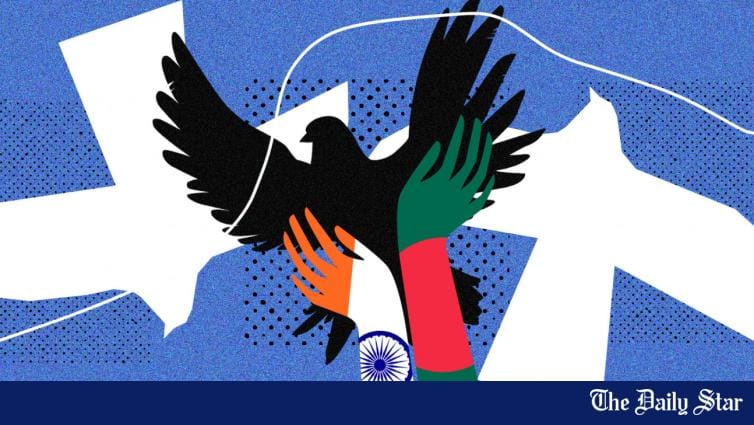Saif
Senior Member
- Messages
- 17,481
- Likes
- 8,438
- Nation

- Residence

- Axis Group

বাংলাদেশের সাথে টানাপোড়েন: আসামে ব্যবসায়ীদের মাথায় হাত (The incessant hate campaign against Bangladesh by the Indian media has soured the relationship between Bangladesh and India. As a result Assamese business people has been experiencing serious loss of business as export orders from Bangladesh are hard to come by.)








